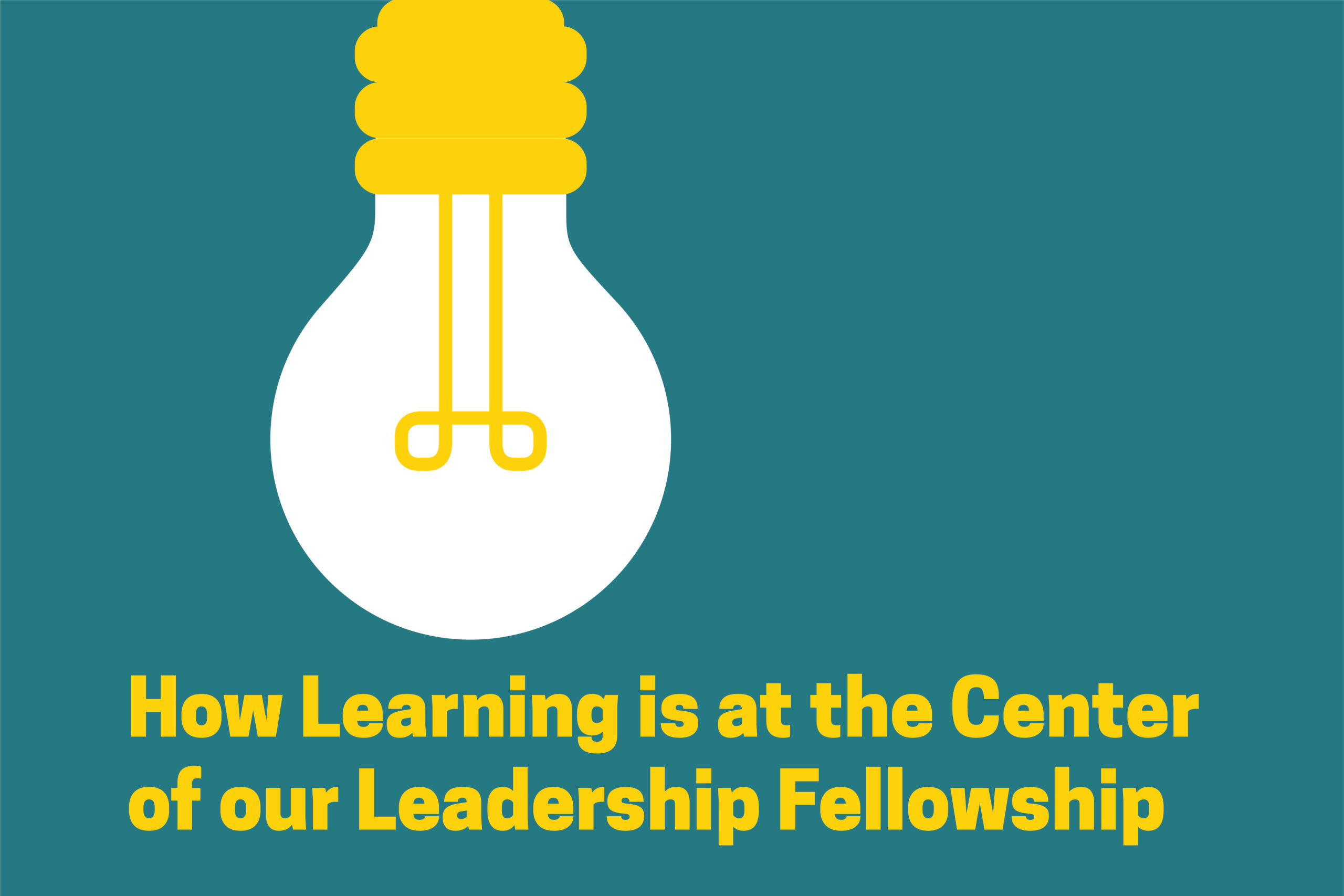
As the selection of fellows for our Jews of Color Initiative Leadership Fellowship in New York comes to a close, we sat down to talk with Riki Robinson, Program Director of our New York Hub, about how the Fellowship was developed. This conversation revealed how communal learning is at the core of the Fellowship’s design, paving the way for fellows to confidently enter the Jewish professional ecosystem.
The Fellowship design began following our Career Development Program, which ran last October in partnership with UpStart. “We saw the benefits of our Career Development Program last year,” Robinson said. “We saw the benefits of young JoC adults having access to a program like this and access to a cohort with each other. We wanted to expand that concept to create a similar learning opportunity for young adult Jews of Color in New York City.”
New York City has the largest Jewish population in the United States, and it is also home to one of the most diverse Jewish communities “with vibrant JoC life,” Robinson explained. While the Fellowship is specifically focused on New York City, Robinson believes that the Fellowship addresses a problem that extends beyond the boroughs.
“The Jews of Color Initiative knows that a lot of Jews of Color have an interest and a drive to have leadership opportunities in the Jewish community. Yet many of the existing programs are not necessarily catered to the needs and interests of Jews of Color.”
Robinson described how the Fellowship centers Jews of Color by designing the entire program through a racial equity lens that acknowledges the additional hurdles and unique identities of Jews of Color. “We designed the Fellowship to intentionally welcome applicants regardless of previous experience, so the entire Fellowship is meant to be both a collective and individualized learning experience.”
The Fellowship includes placements in Jewish nonprofits in New York City, mentor-mentee pairings with JoC colleagues, guest speaker sessions, and Friday learning sessions with the entire cohort. Each of these components is designed to address what Robinson termed different “learning modalities.”
“We’re thinking of the concept of learning in a pretty expansive way. There are multiple different learning modalities incorporated into the fellowship. There are ways to learn in conversation, in meeting external speakers, through assignments, by reading certain material, and by having discussions with peers. We’ve incorporated all of these modalities into the development of the Fellowship. We have commissioned UpStart to help us develop the curriculum with multiple forms of learning in mind.”
In addition to the structure of the Fellowship, Robinson has given great care to center the uniqueness of JoC identities. “I’m excited about how individualized the fellow experience will be,” Robinson said with a smile. “We know there won’t be a monolith. There are so many differences captured within the JoC umbrella category.” While the expansiveness of JoC identity has been long recognized among Jews of Color, the findings of our recent study, Beyond the Count: Perspectives and Lived Experiences of Jews of Color, affirmed this reality. Robinson is enthusiastic about empowering fellows to define their own career aspirations, their own conceptualizations of authenticity as JoC professionals, and to develop projects that can serve their individual career paths.
“The fellowship will end with what we’re currently calling a portfolio, in which fellows will develop something tangible they can use to successfully pursue their careers after this 10-month program, such as a C.V. or resume or a project management board.”
The mentor-mentee relationship is also intended to serve fellows beyond the 10 months. “We want fellows to know that their mentors are folks who will eventually become their colleagues,” Robinson adds. “This is about building a professional network.”
At the same time, the mentorship component of the program isn’t only designed to benefit fellows. “We want to position the mentors to take a posture of reciprocity in which they will be learning from mentees as well. It’s an experience that has the potential to impact the larger network of JoC professionals.”
“Whether fellows are taking a deeper dive into career aspirations they’ve already developed or are just starting to embark on their identity as a Jew of Color, we want our fellows to know there are generations of JoC colleagues that came before them and that they are invited to join those ranks.”
The JoCI Leadership Fellowship is currently accepting applications for cohort 2!
Learn more from our FAQs
Apply: bit.ly/JoCIFellowship2
Deadline: August 29, 2022, 6pm ET
